Hi there! My name is Lucas, and I’m a senior student at Gleneagle Secondary in Coquitlam, BC.
I took some interest in traditional Indigenous knowledge and culture when I was younger, but it wasn’t really until my high school years when I started to delve more deeply into what it meant to be a Canadian. Upon digging deeper, I began to learn about Canada’s complicated relationship with Indigenous peoples and how I, as a non-Indigenous person, fit into that framework. Through my own learning, which includes reading articles and books by Indigenous authors, watching movies and documentaries, and writing and reflecting on my own, I’ve come to understand that by virtue of being a Canadian, it is my responsibility to be and to do my best to ensure that our communities are inclusive.
I first came to know about Native Land through the BC Heritage Fairs Society, of which I have been a volunteer for 7 years. When visiting the Native Land website, I was instantly engaged by its interface, as well as how easily it helped me discover the various languages and peoples that live in my area. Native Land has provided a clear way to help me continue to contextualize my citizenship as a Canadian. The resource has helped spark various discussions in my life with those close to me about how understanding my surroundings can help me have a greater appreciation of my community.
Native Land has also been an invaluable resource for many projects that I have been involved in. In my role with BC Heritage Fairs Society as a member of the Alumni Council, and at the encouragement of the Alumni Coordinator, I led a discussion on a call with other high school students from across British Columbia about Native Land. I was able to share this incredible resource with my peers and encourage them to learn about the traditional territories that they live on.
For a recent project with BC Heritage Fairs titled “Taking Reconcili-Action”, funded by Heritage BC’s Heritage Legacy Fund, I had the opportunity to interview and develop relationships with Saanich knowledge keepers about their work. Their careers in language revitalization, traditional art, and modern design have greatly contributed to preserving and upholding the identity of the Saanich people. We are currently creating a website and curriculum material to support BC teachers who want to incorporate traditional knowledge into their teachings. We will be adding a link to the Native Land on the website, as it will no doubt be of great value to all teachers and students who are looking for an introduction to Indigenous peoples in their area.
Native Land is a wonderful tool to help comprehend and understand the land we live on. As I’ve found in my experience, when we take the time to become more knowledgeable about our surroundings and past, it helps us all to become more respectful and understanding people.
I respectfully acknowledge that I live and learn on the unceded core traditional territory of the kʷikʷəƛ̓əm (Kwikwetlem) First Nation, which lies within the shared territories of the Səl̓ílwətaɬ (Tsleil-Waututh), sq̓əc̓iy̓aɁɬtəməxʷ (Katzie), xʷməθkwəy̓əm (Musqueam), qiqéyt (Qayqayt), Sḵwx̱wú7mesh Úxwumixw (Squamish), and ˈstɔːloʊ (Sto:lo) First Nations.
—
Lucas Hung is a Grade 12 student in Coquitlam, BC. He has always been fascinated by history and hearing the stories of local and global communities. He loves traveling and making connections with new people, and will be starting his undergraduate degree in Music at the University of Victoria in September.
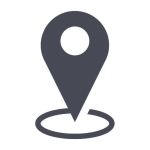

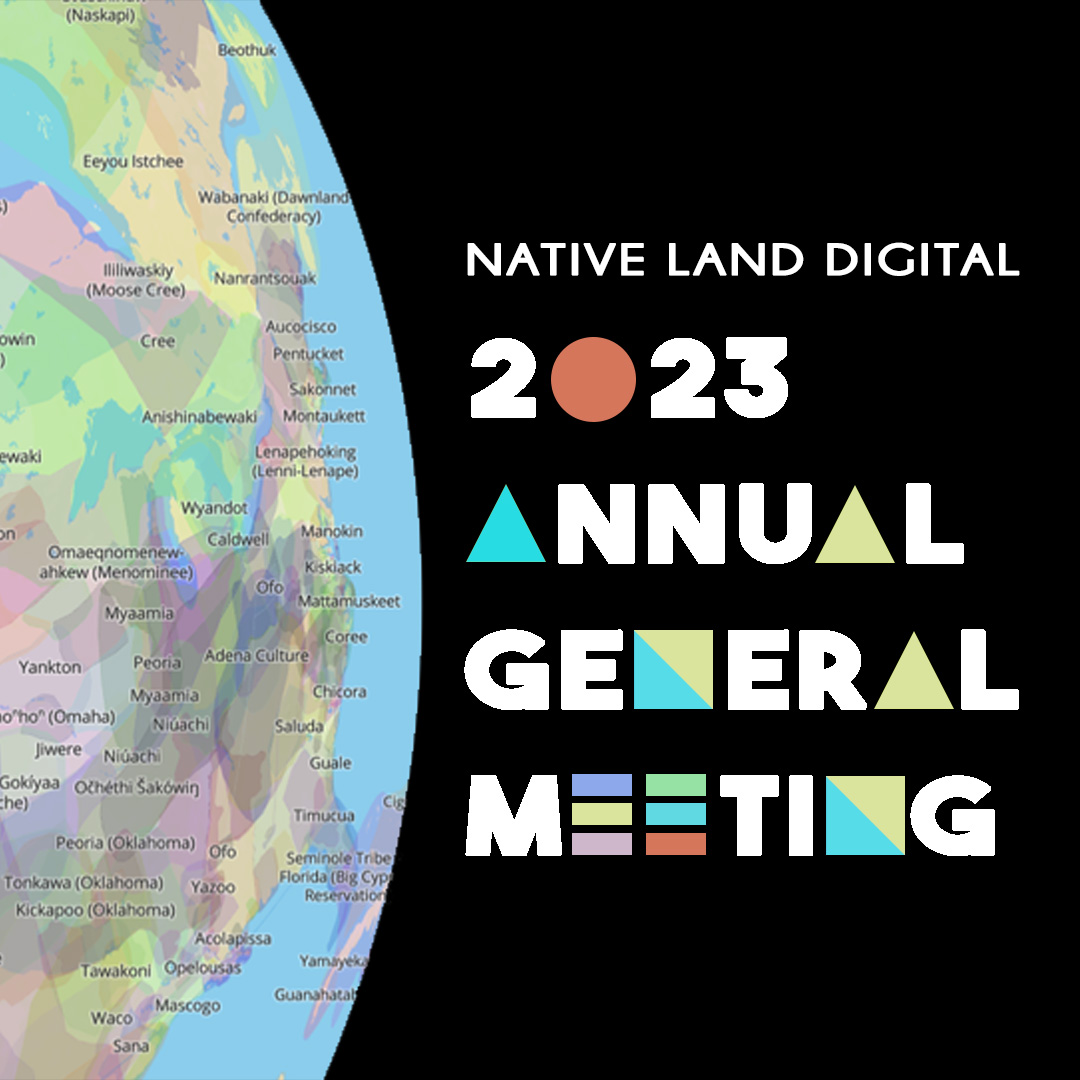
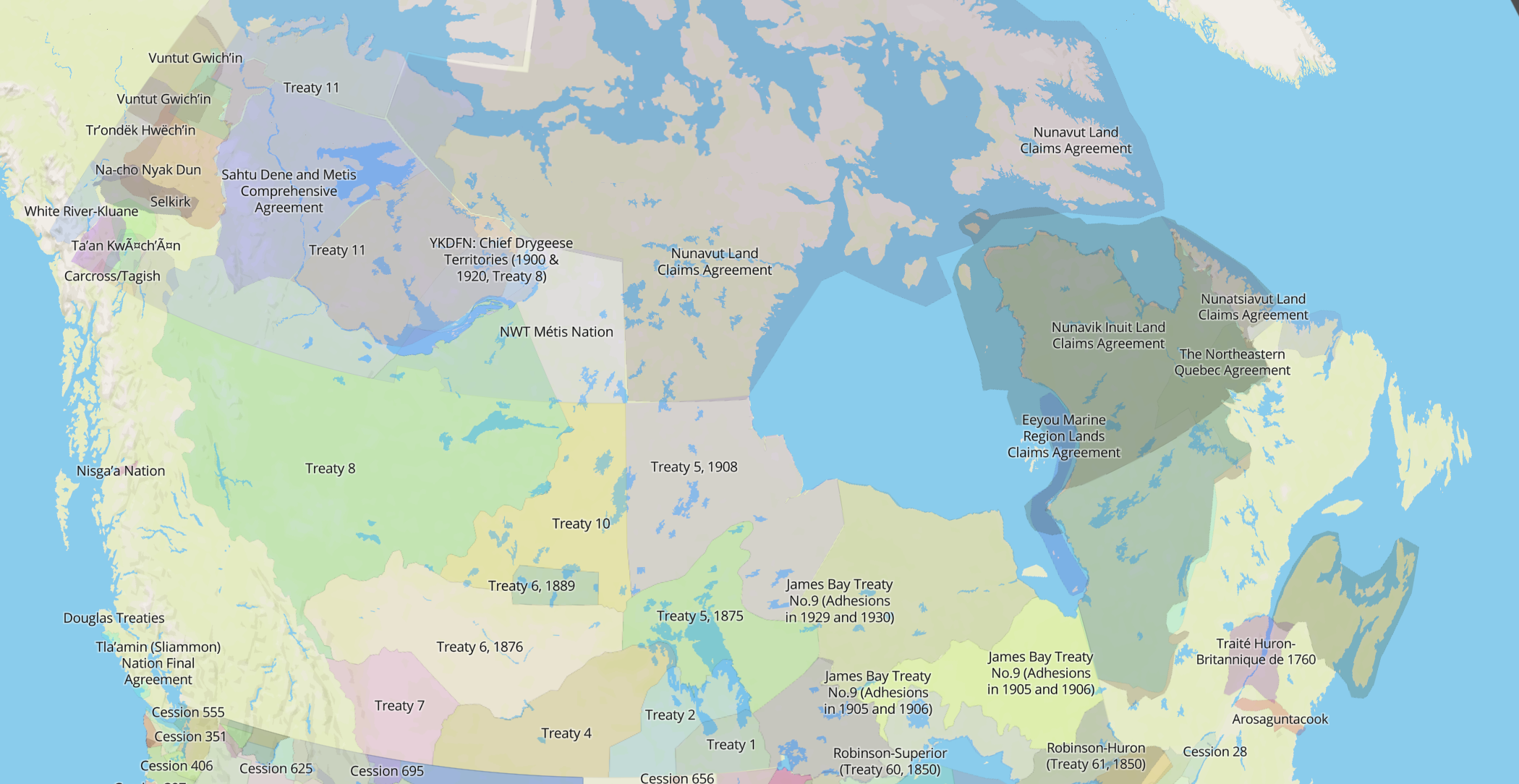
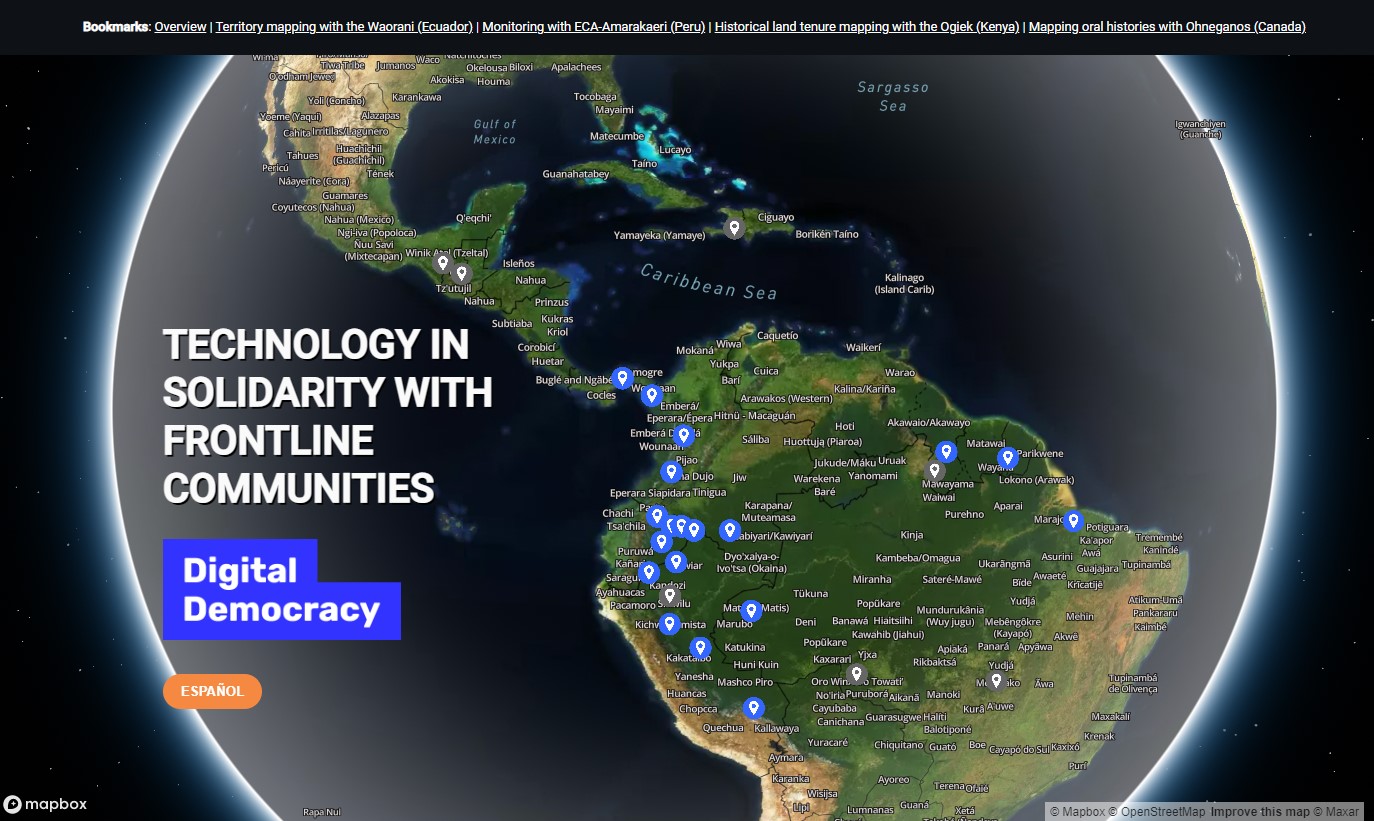
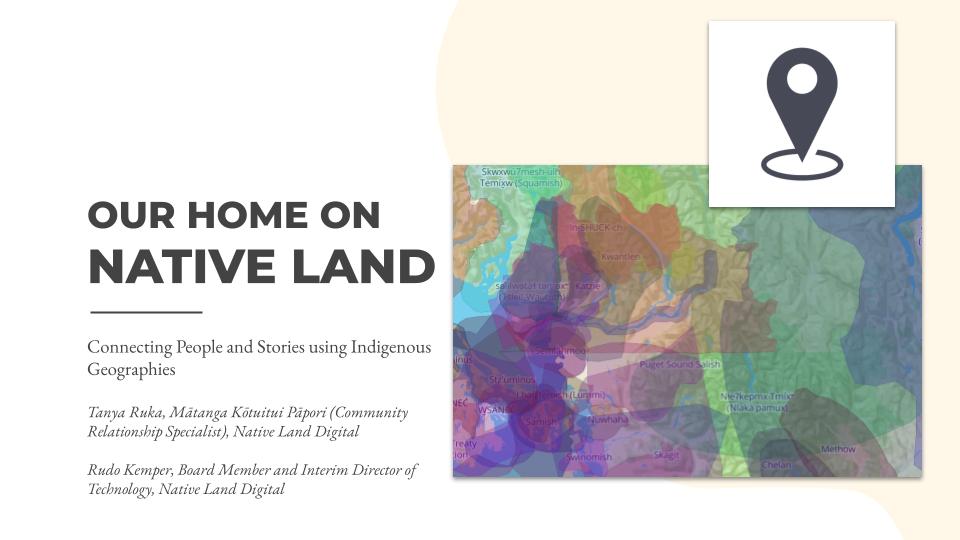
Thank you Christine and Native Land for this wonderful opportunity, and of course, thank you for this incredible resource!
Thank you so much to Christine and the amazing Native Land team!